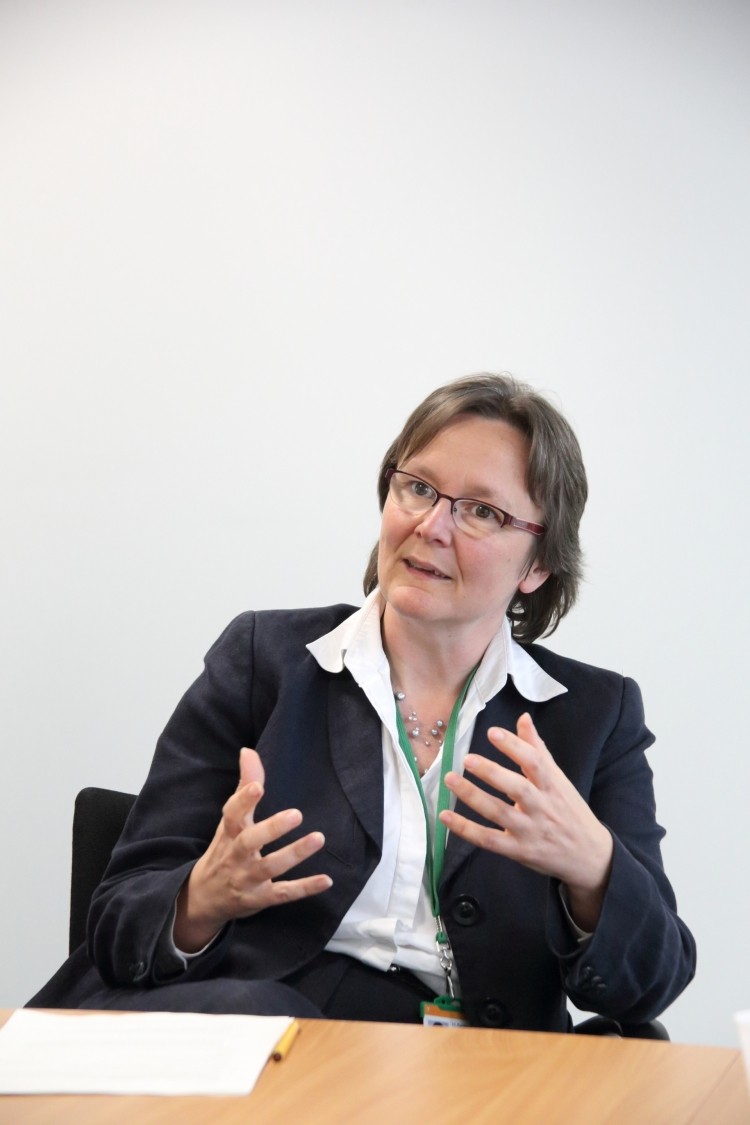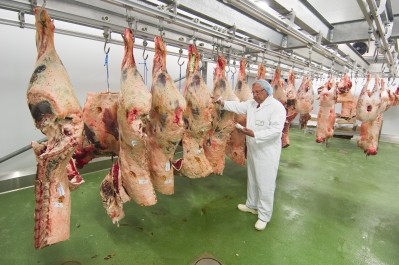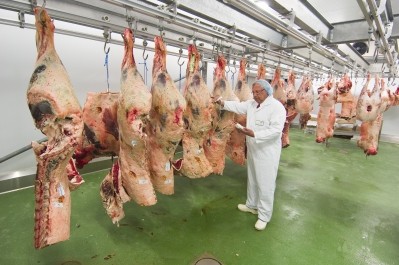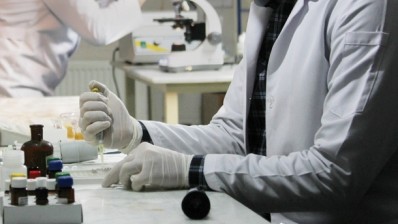Meat processors rail against inspection costs

Meat inspection charges are a big concern for UK meat processors, Peter Mitchell, the new president of the British Meat Processors Association, said last month. Although progress had been made, said Mitchell, there remained much more to do.
“Radical change” in the current charging system was needed, he said. “Processors remain frustrated at the way inspections are delivered and are unhappy about the overall costs. We believe that charges should only be made on direct food safety related inspections not on the indirect cost of the FSA’s inspection-related activities.”
The FSA is in discussion with the meat industry about changes to the inspection discount system, which has caused much dissatisfaction within the industry.
Discriminates
“The current discount system is generally distorting, unfair and provides no incentive for more efficient plants,” said Mitchell. “Our larger efficient pig processing companies, in particular, are incensed by the way the charging system discriminates against them, effectively paying full cost and having to compete with other operators who continue to receive discounts.”
Speaking to Food Manufacture, FSA chief executive Catherine Brown said the Agency had argued at EU level that each Member State should have the right to decide an inspection cost recovery model that was specific to its needs, rather than being mandated from Brussels.
While change in EU law would be required before any change in inspection rules to primary meat processing plants could take place, which at present places the responsibility on the FSA as the competent authority in the UK, Brown said she was open to change in the way inspections were conducted.
“I am not an ideologue on this. If services and transactional activities are being done by government which are inefficient and badly run and could be better delivered more cheaply by someone else, that’s fine by me,” said Brown. “However, in this case that isn’t what’s happening. We have saved something like 40% of the costs of our meat inspection business over the past four years.”
Reform
Where there were inefficiencies there needed to be reform to the discount system to align incentives and get more efficiency, she added. “So we are now working on reform to the discount system.”
Regarding change to the EU’s meat inspection regime, Brown said: “If there is a view in industry that a private-sector model would be a better model of delivery, they are the people who need to tell us what it is and we can talk about it.”
Meanwhile, watch our video with Brown to find out why she felt the FSA lacked the resources to take on a policing role, as recommended by Professor Elliott in his review into the horsemeat crisis.
















